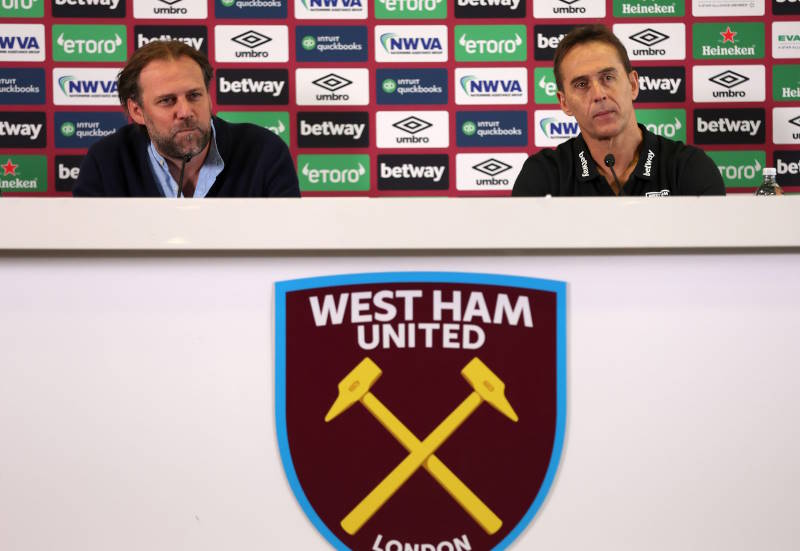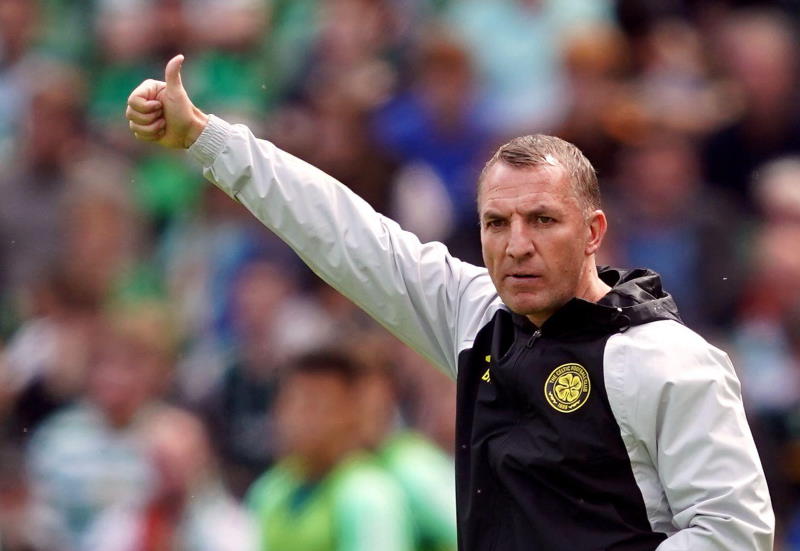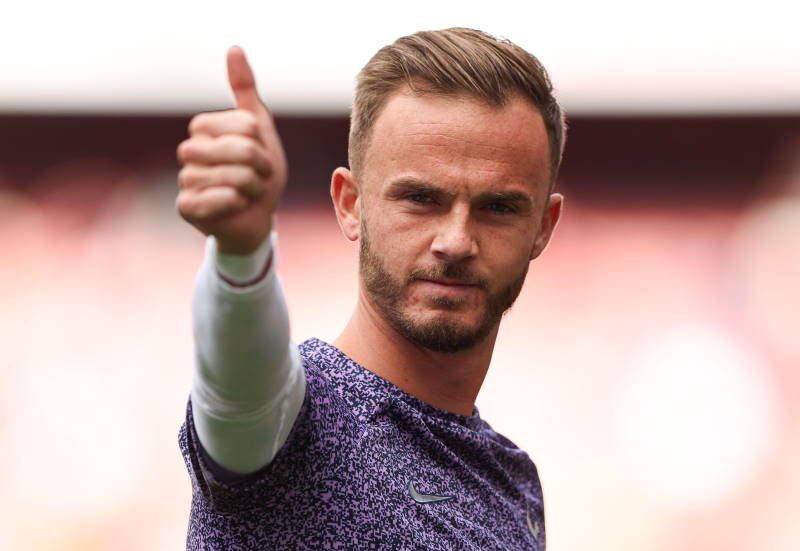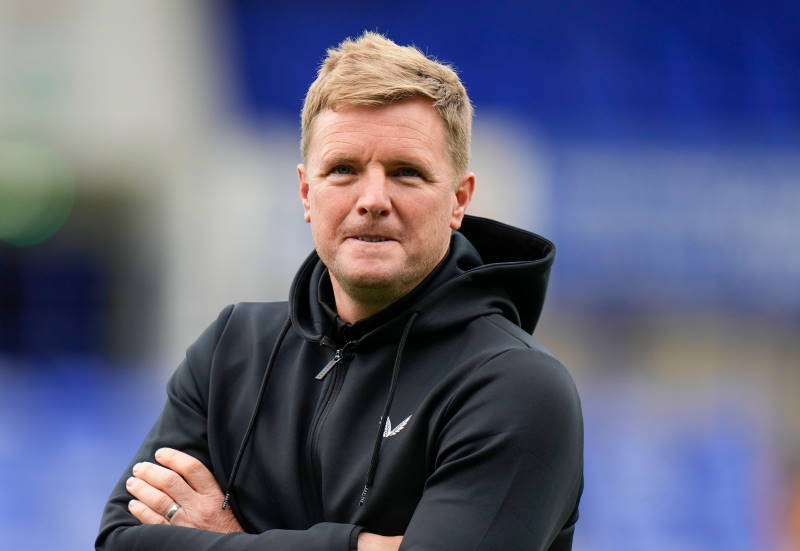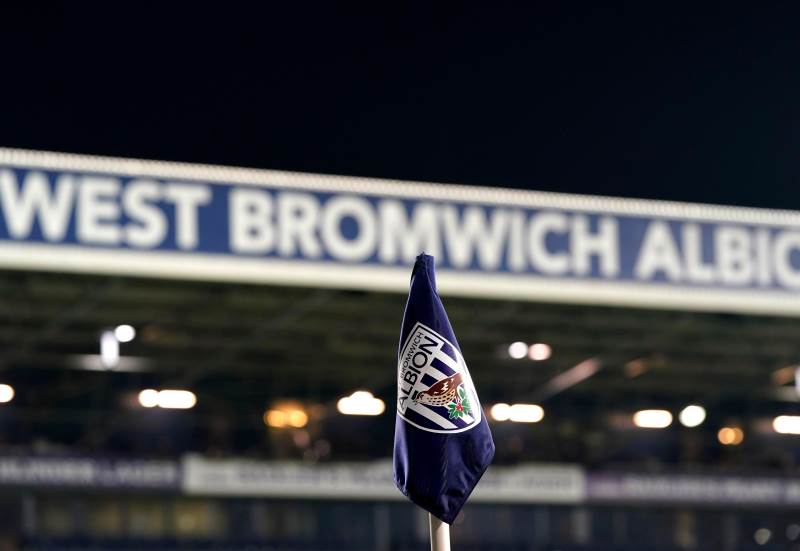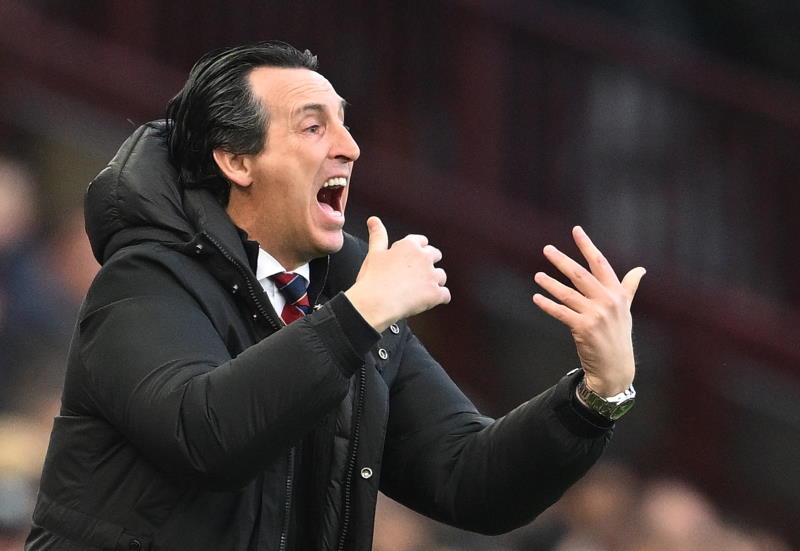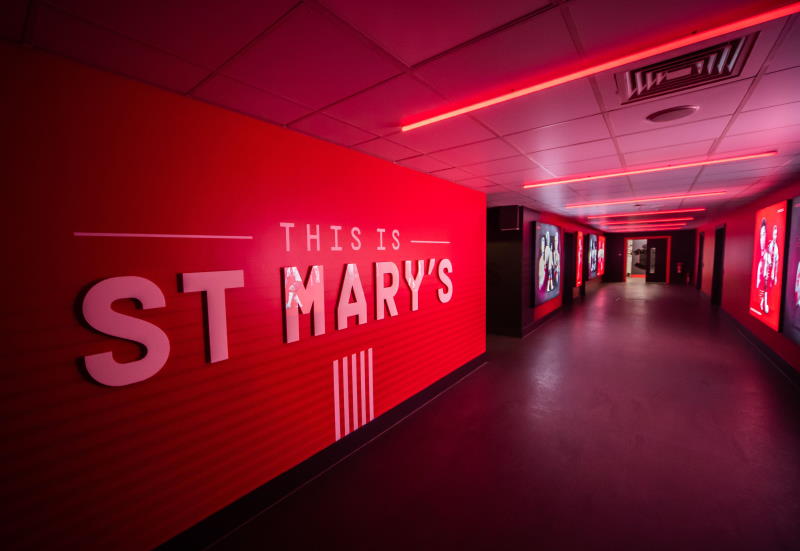
When Chelsea opened their chequebook to sign two players on the final day of the January window, it was the arrival of Fernando Torres that dominated the headlines. Almost three months on, it is a different story. David Luiz, who cost the Blues just over £21M, has been the addition that breathed life into Chelsea’s flagging campaign and, if proof were required, he was named Player of the Month for March. Not only has Luiz formed a solid partnership with John Terry, he has also scored vital goals in the blue shirt, two more than Torres, in fact.
But the emergence of Luiz, who was badly missed in the Champions League clashes with Manchester United, poses other questions, including how the Brazilian has adapted to playing in England with so much more ease than many of his compatriots.
Brazil have long been considered the kings of international football, from Pele to Zico to Ronaldo, Ronaldinho and Kaka. But it has been all too noticeable during the Premier League era that Brazilians have had mixed results in the high tempo world of English football, where games are more physical and there is no winter break.
Of course, there have been success stories, among them Juninho, who thrilled crowds at Middlesbrough during three stints at the club. He was unable to bring silverware to Teesside, but his flair and trickery made him one of the leagues most dangerous attackers, particularly between 1995 and 1997. Juninho also deserves credit for being among the first Brazilians to enthral English fans.
And Gilberto Silva, more recently, was a key part of Arsenal’s success during the Thierry Henry-Robert Pires era. The Gunners were unbeaten in the league during the 2003/04 campaign – and Gilberto’s consistent displays in the anchorman role were hugely important. More than that, his unselfish teamwork made him a popular figure in the Arsenal dressing room.
Similarly, Fabio Aurelio has been a trusted member of the Liverpool defence for chunks of the past five years, particularly under Rafael Benitez. His threat from free-kicks is well known throughout the Premier League and his defensive qualities continue to be underrated.
But the list of Brazilians who have failed in the Premier League includes plenty of names too. Some have simply sought a quick exit while others have stayed a few years without ever looking fully comfortable with Premier League life.
First up, Emerson had some fine moments at Middlesbrough under Bryan Robson mixed with a period in which he went AWOL. The Brazilian was a fan favourite but never quite settled in the Premier League and could not save the club from relegation in 1997.
Manchester United had a disappointing experience with a Brazilian signing too. Sir Alex Ferguson and his staff saw enough during the 2002 World Cup to splash out on Kleberson a year later. The midfielder though never looked capable of replacing Roy Keane or Paul Scholes and, after making just 20 league appearances in two seasons, he left for Turkey.
Julio Baptista, another highly rated Brazilian, had earned rave reviews in La Liga with Sevilla. Baptista then joined Real Madrid but, with first team opportunities limited, he was sent on loan to Arsenal in 2006. "The Beast" as Baptista was nickamed, produced some memorable performances, including a four-goal night at Anfield, but looked clumsy at times in Arsene Wenger’s slick passing game plan. The Gunners opted not to pursue a permanent deal when the loan came to an end.
Then came Afonso Alves’ big money move to Middlesbrough in January 2008, as Boro again tested the water with Brazilian firepower. Alves had leapt to stardom with prolific displays for Heerenveen in Holland, but would go down as amongst the biggest flops in Premier League history. He scored a hat-trick against Manchester City and a double against Manchester United, yet his wasteful finishing in his one and only full season hurt Boro badly as they dropped down to the Championship. Alves left the club in 2009 with his reputation considerably diminished.
And of course there was Robinho – Manchester City’s first transfer coup under new Middle Eastern ownership. At £32.5M from Real Madrid, much was expected from a forward who had wowed crowds at the Bernabeu and City felt he would be the first piece in their own version of the Galacticos. Instead, the Eastlands side got inconsistent performances and a questionable attitude. On song, Robinho produced afternoons of magic, especially in his first season, but when decisions went against him, or the weather turned cold and wet, he contributed little. He left Manchester for Santos on loan in January 2010 as another Brazilian to fall short in the Premier League, and ended up at AC Milan, never to return to City.
Other examples include Elano, who was an inspiration for City while the sun was out in August and September but then faded during the winter months, and Lucas Leiva, who has been a much maligned figure at Anfield in recent seasons but is at least beginning to turn a corner.
The jury is also still out on Luiz’s Chelsea colleague Ramires, who cost £17M and is yet to justify that fee. Like Lucas, Ramires is more steady than samba and, if anything, the fact that they are Brazilian has set the bar too high in terms of expectations.
All in all, the odds were against Luiz proving such an instant revelation in the Premier League. There is no doubt that English fans love the style and flair of Brazilian players, but their track record does not inspire confidence. However, with every impressive performance, Luiz is changing the perceptions of Brazilians’ suitability for English football.

